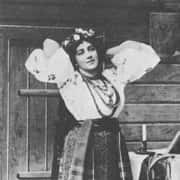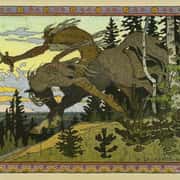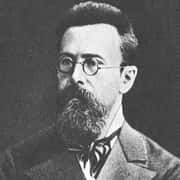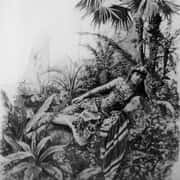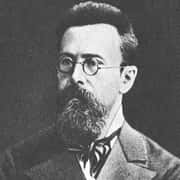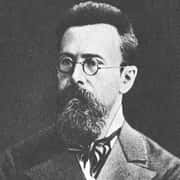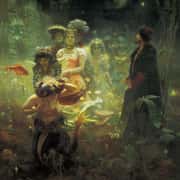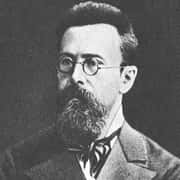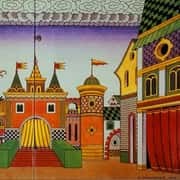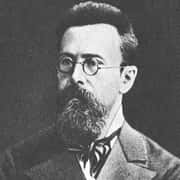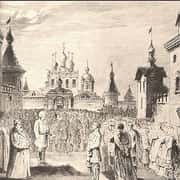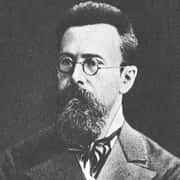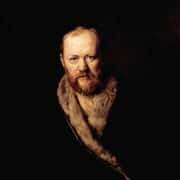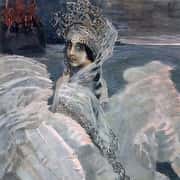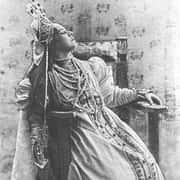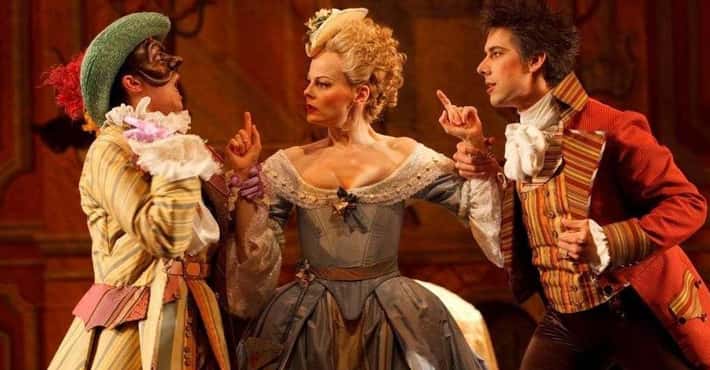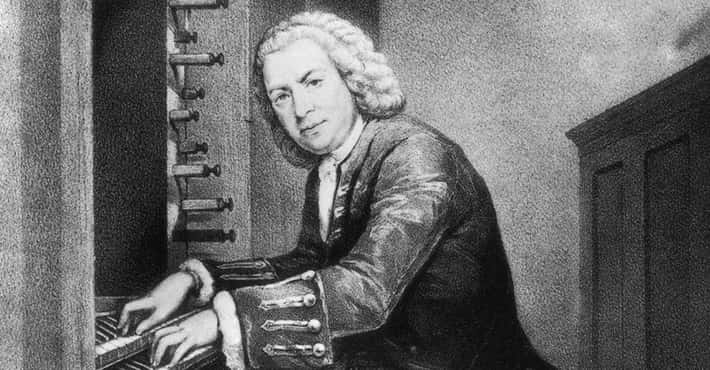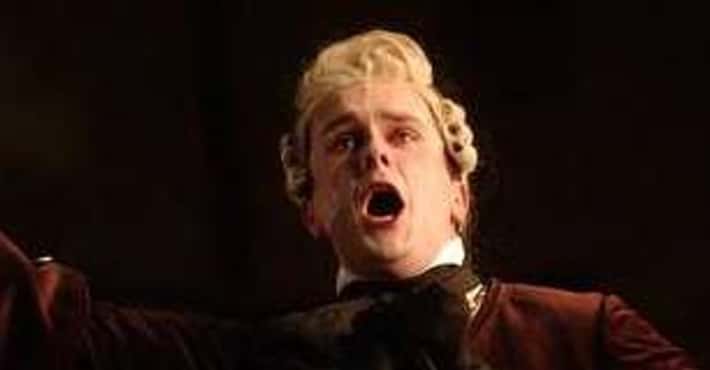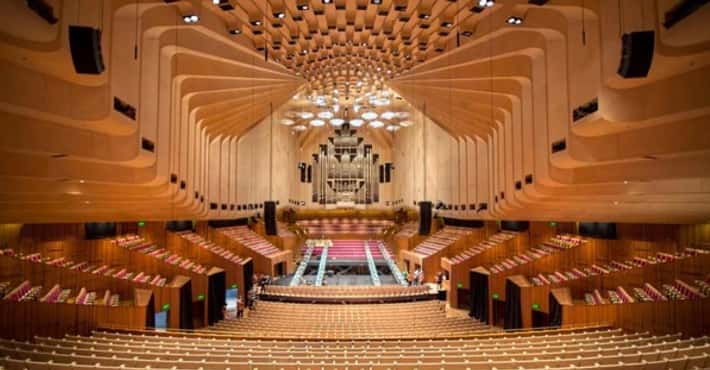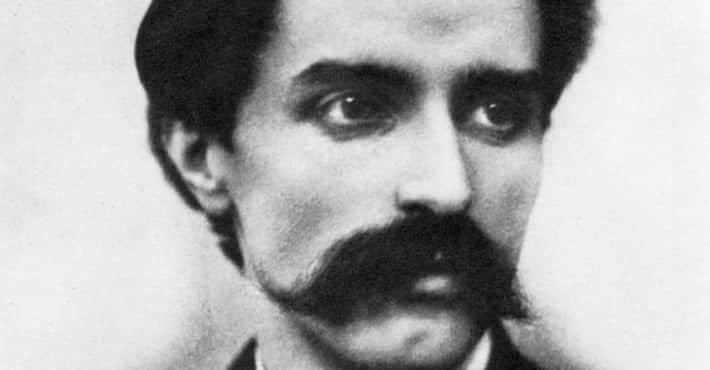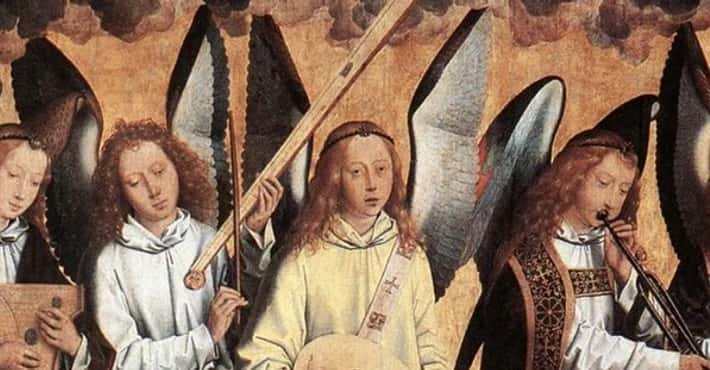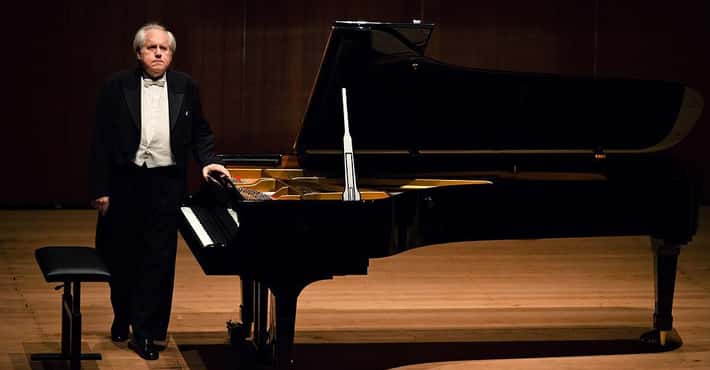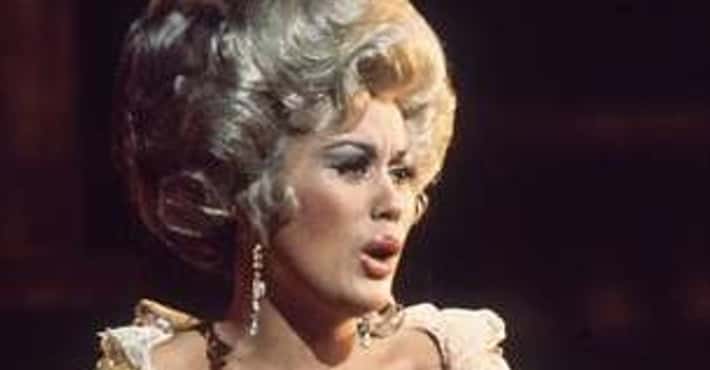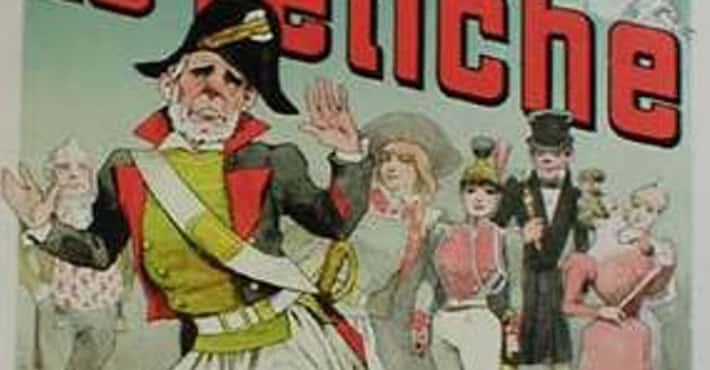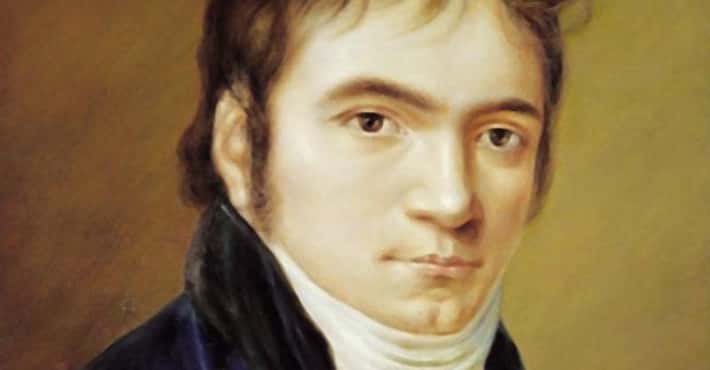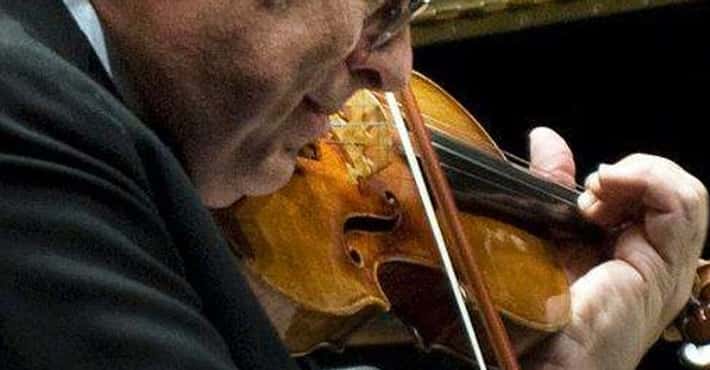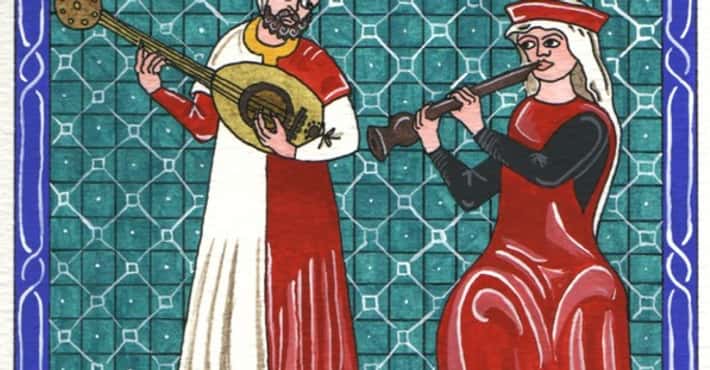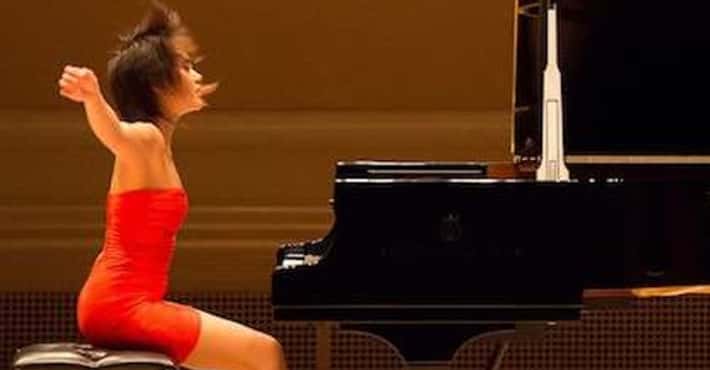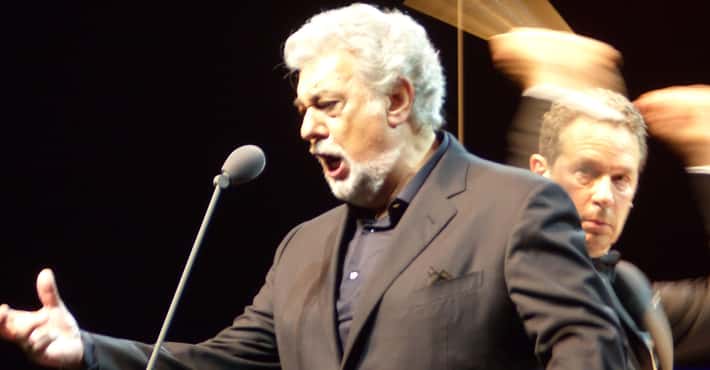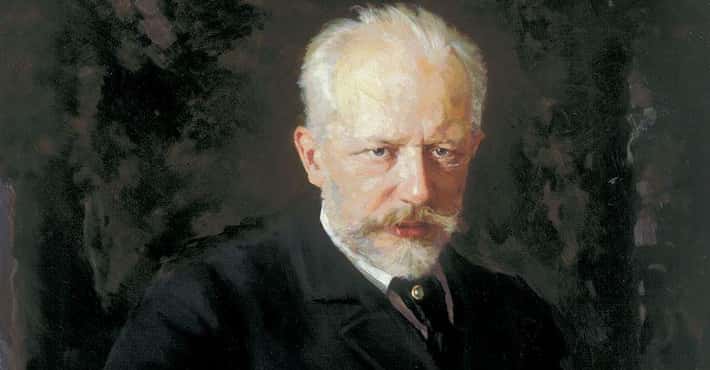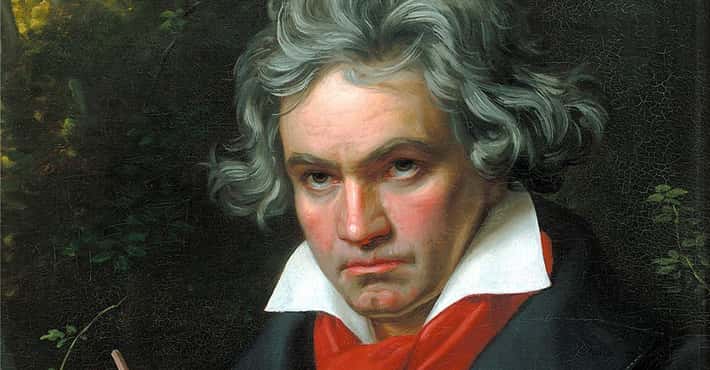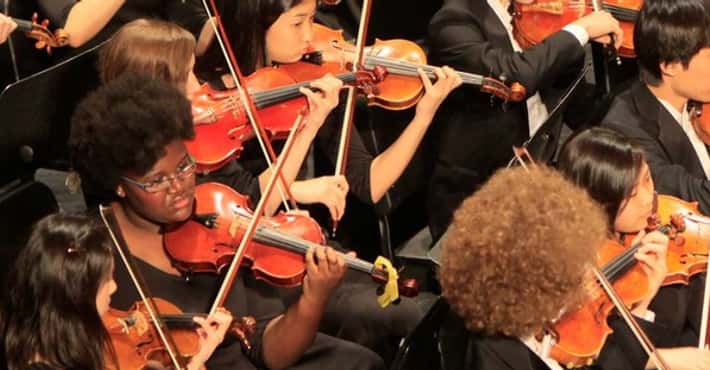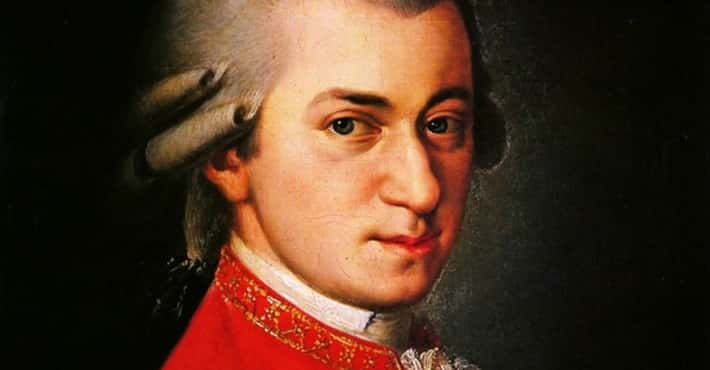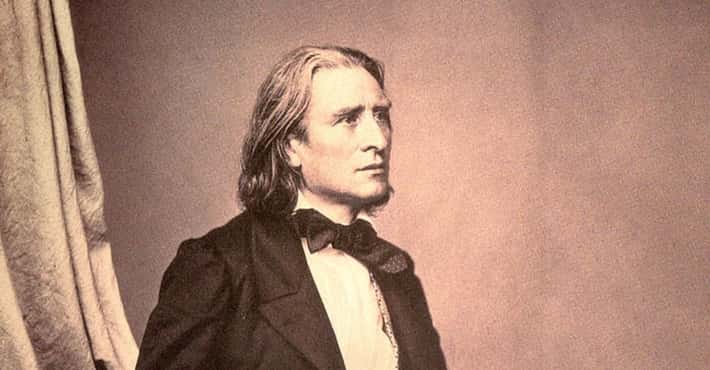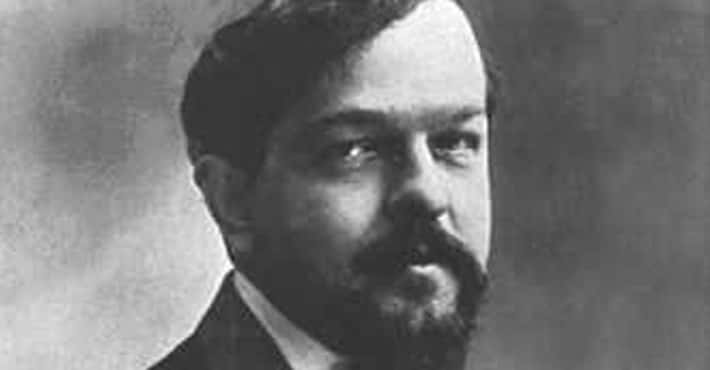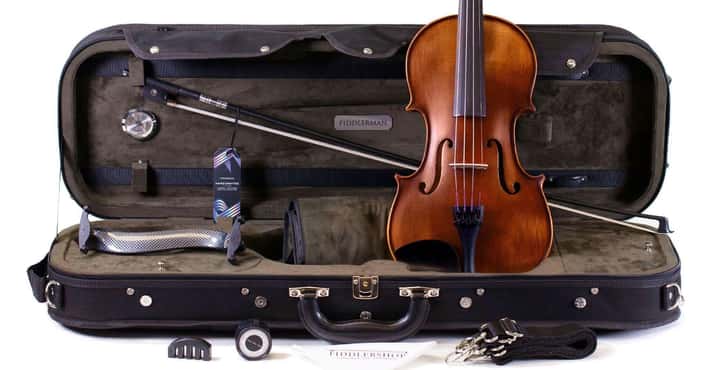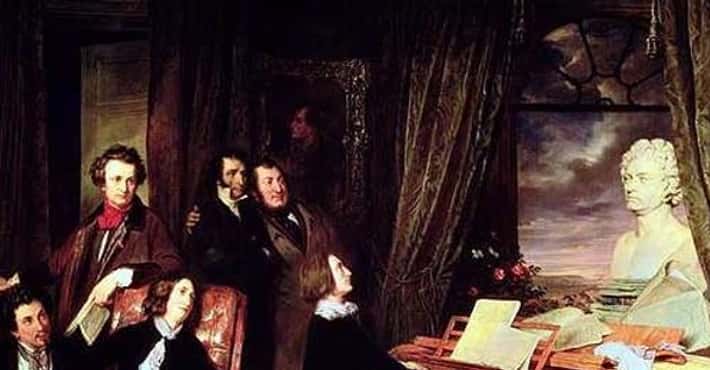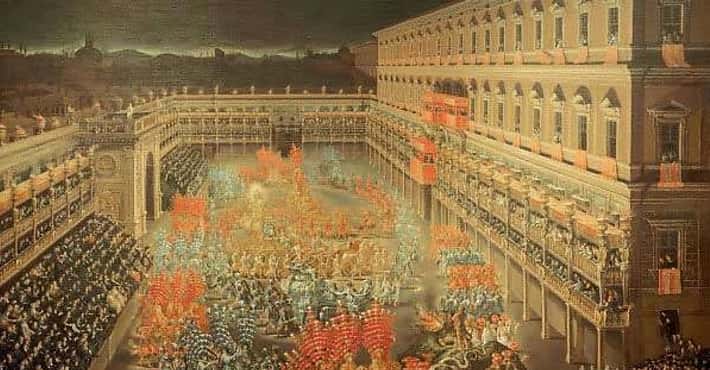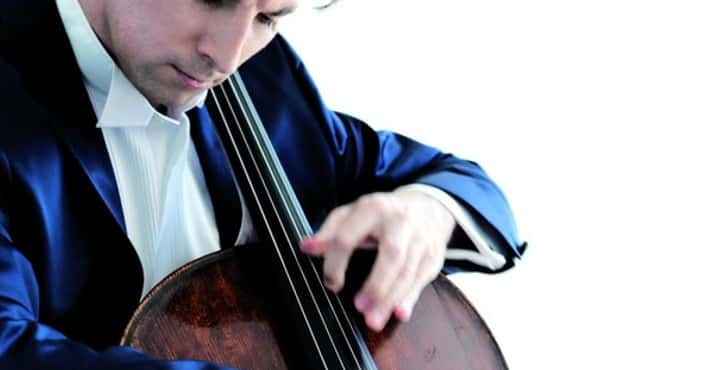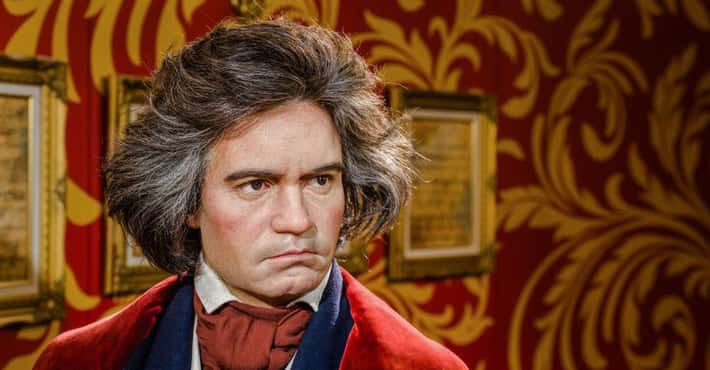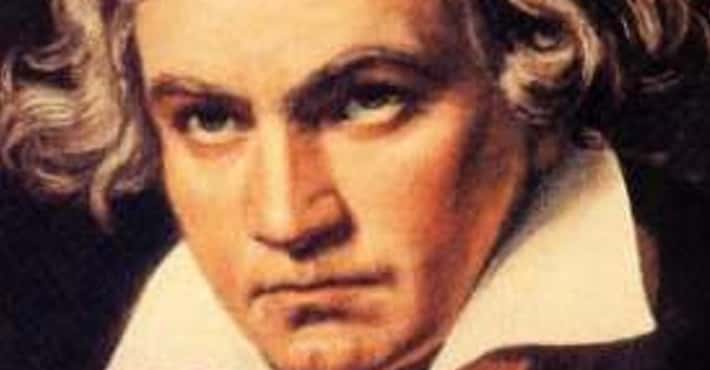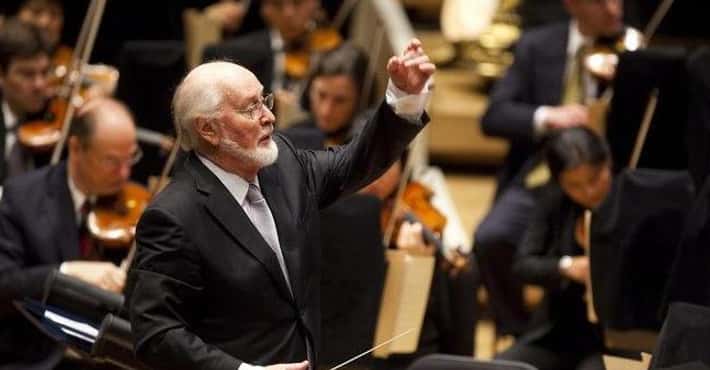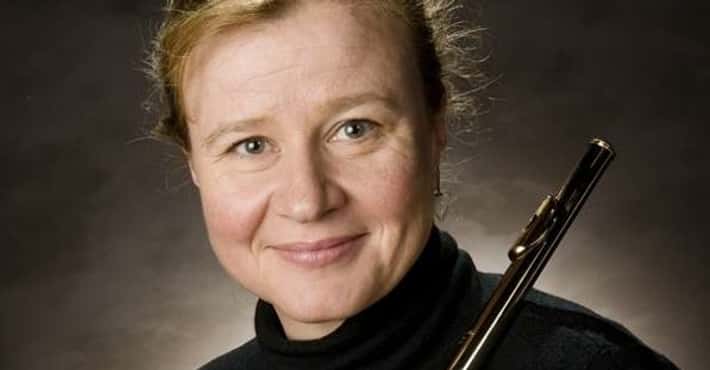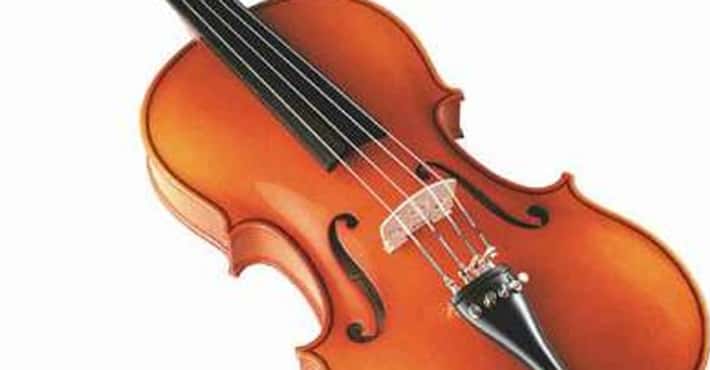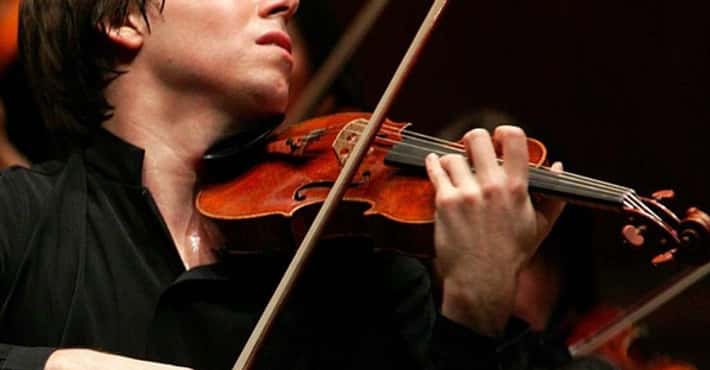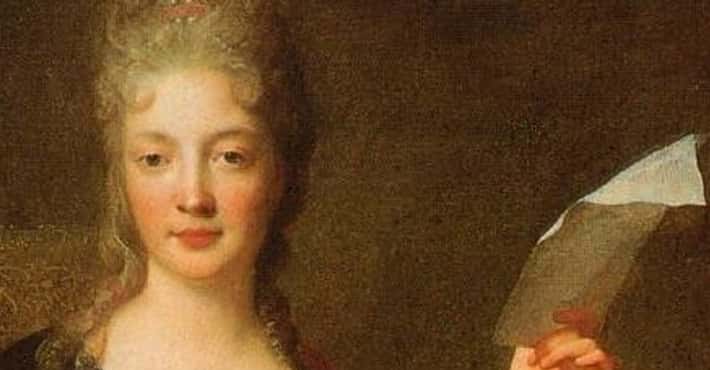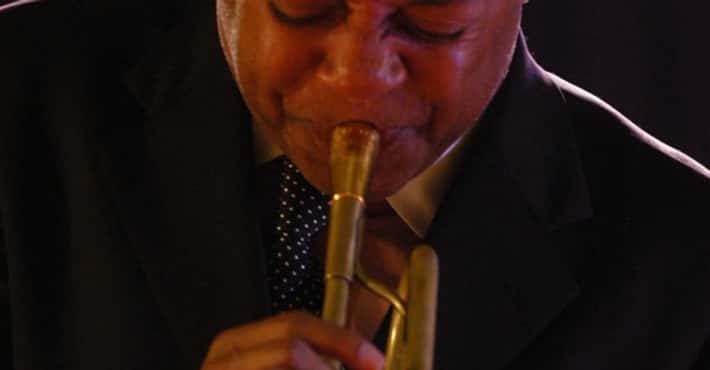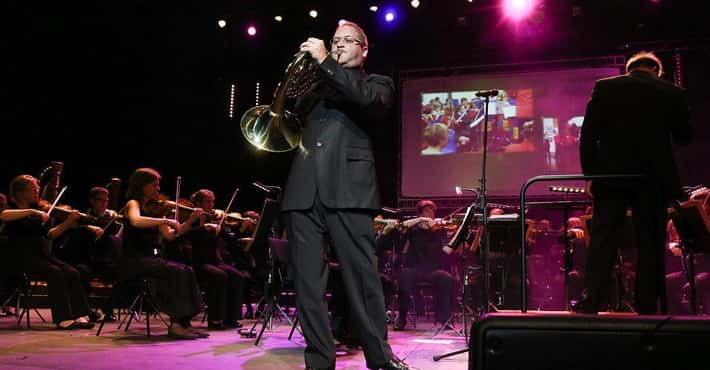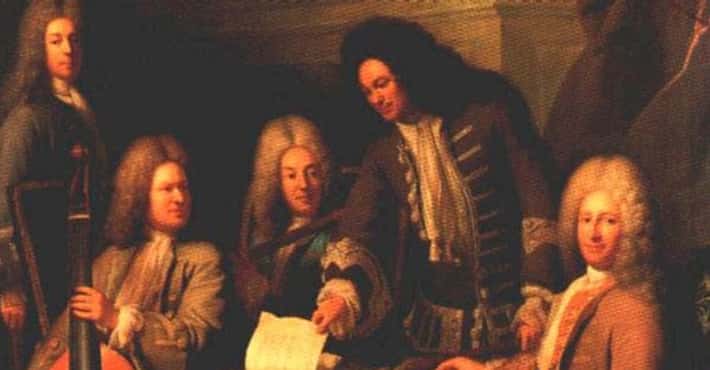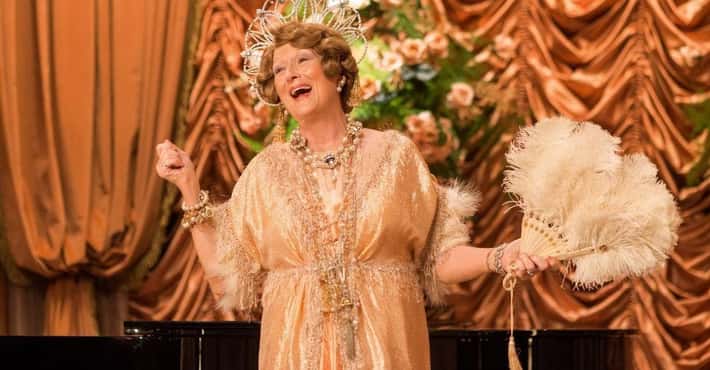List of Nikolai Rimsky-Korsakov Operas
- Christmas Eve, is an opera in four acts with music and libretto by Nikolai Rimsky-Korsakov. Composed between 1894 and 1895, Rimsky-Korsakov based his opera on a short story, "Christmas Eve", from Nikolay Gogol's Evenings on a Farm Near Dikanka. The story had been used as the basis for an opera at least three times previously, including for Tchaikovsky's Vakula the Smith. Oliver Knussen writes that "Rimsky is only interested in recreating the atmosphere of the folk-tale, fleshing it out for his stage pageant in a comparable way to Humperdinck in Hansel.
- Kashchey the Deathless, aka Kashchey the Immortal, is a one-act opera in three scenes by Nikolai Rimsky-Korsakov. The libretto was written by the composer, and is based on a Russian fairy tale about Koschei the Deathless, an evil, ugly old wizard, who menaced principally young women. A similar fairy tale was also used by Igor Stravinsky and Michel Fokine to create their iconic ballet, The Firebird. The opera was composed during 1901–1902 and the work was completed in 1902. It was first performed the same year in Moscow.
- May Night is an opera in three acts, four scenes, by Nikolai Rimsky-Korsakov from a libretto by the composer and is based on Nikolai Gogol's story May Night, or the Drowned Maiden, from his collection Evenings on a Farm Near Dikanka. The work was composed between 1878 and 1879 and first performed in 1880 at the Mariinsky Theatre in Saint Petersburg in Russia. May Night is not part of the standard operatic repertoire in the West.
- Mlada was a project conceived in 1870 by Stepan Gedeonov, director of the Saint Petersburg Imperial Theatres, originally envisioned as a ballet to be composed by Alexander Serov with choreography by Marius Petipa. The project was revised in 1872 as an opera-ballet in four acts, with a libretto by Viktor Krylov. The composition of the score was divided between César Cui, Modest Mussorgsky, Nikolai Rimsky-Korsakov and Alexander Borodin, including interpolated ballet music by Ludwig Minkus. The project was never completed, and although much of the score was composed, no performing edition is currently in use. This work is not to be confused with the completed and occasionally performed opera-ballet Mlada by Nikolai Rimsky-Korsakov, which uses the same libretto by Viktor Krylov, but is otherwise a different composition.
- Mlada is an opera-ballet in four acts, composed between 1889 and 1890 by Nikolai Rimsky-Korsakov, to a libretto by Viktor Krylov that was originally employed for an aborted project of the same name from 1872. In the middle of Mlada, a fantasy tale about ancient pagan Slavs, Cleopatra emerges in a scene that exudes sensuality. Rimsky-Korsakov said "Among my musical impressions of Paris [at the World Exposition, summer 1889] I reflect on music in Hungarian and Algerian cafes. The virtuoso playing of a Hungarian orchestra on tsevnitsas gave me the idea of introducing this ancient instrument... during the dances at Cleopatra's. In an Algerian cafe, I was attracted to the beat of a large drum... This effect I also borrowed for the scene of Cleopatra."-
- Mozart and Salieri is a one-act opera in two scenes by Nikolai Rimsky-Korsakov, written in 1897 to a Russian libretto taken almost verbatim from Alexander Pushkin's 1830 verse drama of the same name. The story follows the apocryphal legend that Antonio Salieri poisoned Wolfgang Amadeus Mozart out of jealousy over the latter's music. Rimsky-Korsakov incorporated quotations from Mozart's Requiem and Don Giovanni into the score. Richard Taruskin has placed this opera in the historical context of the development of the realistic tradition in Russian opera.
- Pan Voyevoda, is an opera by Nikolai Rimsky-Korsakov. It is based on a libretto by Ilya Tyumenev. The work was completed in 1903, was first performed in October 1904, and has proved to be one of Rimsky-Korsakov's least-successful works. This is due to the ramshackle, melodramatic plot rather than the quality of the music, which at its best approaches the poetic, lyric grace of Smetana, Dvořák and the spirit of the work's dedicatee, Frédéric Chopin.
- Sadko is an opera in seven scenes by Nikolai Rimsky-Korsakov. The libretto was written by the composer, with assistance from Vladimir Belsky, Vladimir Stasov, and others. Rimsky-Korsakov was first inspired by the bylina of Sadko in 1867, when he completed a tone poem on the subject, his Op. 5. After finishing his second revision of this work in 1892, he decided to turn it into a dramatic work. The musically unrelated opera was completed in 1896. The music is highly evocative, and Rimsky-Korsakov's famed powers of orchestration are abundantly in evidence throughout the score. According to the Soviet critic Boris Asafyev, writing in 1922, Sadko constitutes the summit of Rimsky-Korsakov's craft.
- Servilia, is an opera in five acts by Nikolai Rimsky-Korsakov. The work was completed in 1901, and was first performed in 1902 in St. Petersburg, Russia. The composer wrote the libretto, which is based on the drama by Lev Alexandrovich Mey. The story is set in Ancient Rome during Nero's reign.
- The Golden Cockerel is an opera in three acts, with short prologue and even shorter epilogue, by Nikolai Rimsky-Korsakov. Its libretto, by Vladimir Belsky, derives from Alexander Pushkin's 1834 poem The Tale of the Golden Cockerel, which in turn is based on two chapters of Tales of the Alhambra by Washington Irving. The opera was completed in 1907 and premiered in 1909 in Moscow, after the composer's death. Outside Russia it has often been performed in French as Le coq d'or.
- The Legend of the Invisible City of Kitezh and the Maiden Fevroniya is an opera in four acts by Nikolai Rimsky-Korsakov. The libretto was written by Vladimir Belsky, and is based on a combination of two Russian legends: that of St. Fevroniya of Murom, and the city of Kitezh, which became invisible when attacked by the Tatars. The opera was completed in 1905, and the premiere performance took place at the Maryinsky Theatre in St. Petersburg, on February 7, 1907.
- The Maid of Pskov, is an opera in three acts and six scenes by Nikolai Rimsky-Korsakov. The libretto was written by the composer, and is based on the drama of the same name by Lev Mei. The story concerns the Tsar Ivan the Terrible and his efforts to subject the cities of Pskov and Novgorod to his will. The original version of the opera was completed in 1872, and received its premiere in 1873 in St. Petersburg, Russia. The third and final version was completed in 1892, and is considered "definitive". This version was made famous by Chaliapin in the role of Ivan the Terrible. It was introduced to Paris in 1909 by Diaghilev under the title Ivan the Terrible, on account of the dominance of his role, and because of European audience's familiarity with his name. Rosa Newmarch has characterized the music for the solo singers as mainly of "'mezzo-recitative' of a somewhat dry quality, but relieved by great variety of orchestral color in the accompaniments".
- The Noblewoman Vera Sheloga is an opera in one act by Nikolai Rimsky-Korsakov. Rimsky-Korsakov wrote the libretto, which he based on the drama by Lev Alexandrovich Mey. The opera was composed in 1898 from material omitted from Rimsky-Korsakov's first opera, The Maid of Pskov. The work was first performed in Moscow in 1898. It was later used as a prologue to The Maid of Pskov in a 1901 performance.
- The Snow Maiden is an opera in four acts with a prologue by Nikolai Rimsky-Korsakov, composed during 1880–1881. The Russian libretto, by the composer, is based on the like-named play by Alexander Ostrovsky. The first performance of Rimsky-Korsakov's opera took place at the Mariinsky Theatre, Saint Petersburg on 29 January 1882 conducted by Eduard Nápravník. By 1898 it was revised in the edition known today. It remained the composer's own favorite work.
- The Tale of Tsar Saltan is an opera in four acts with a prologue, seven scenes, by Nikolai Rimsky-Korsakov. The libretto was written by Vladimir Belsky, and is based on the poem of the same name by Aleksandr Pushkin. The opera was composed in 1899–1900 to coincide with Pushkin's centenary, and was first performed in 1900 in Moscow, Russia. The lengthy full title of both the opera and the poem is The Tale of Tsar Saltan, of his Son the Renowned and Mighty Bogatyr Prince Gvidon Saltanovich and of the Beautiful Princess-Swan.
- The Tsar's Bride is an opera in four acts by Nikolai Rimsky-Korsakov, the composer's tenth opera. The libretto, by Ilia Tyumenev, is based on the drama of the same name by Lev Mey. Mey's play was first suggested to the composer as an opera subject in 1868 by Mily Balakirev. However, the opera was not composed until thirty years later, in 1898. The first performance of the opera took place in 1899 at the Moscow theater of the Private Opera of S.I. Mamontov. Rimsky-Korsakov himself said of the opera that he intended it as a reaction against the ideas of Richard Wagner, and to be in the style of "cantilena par excellence". The Tsar's Bride is a repertory opera in Russia, although it is not part of the standard operatic repertoire in the West.


